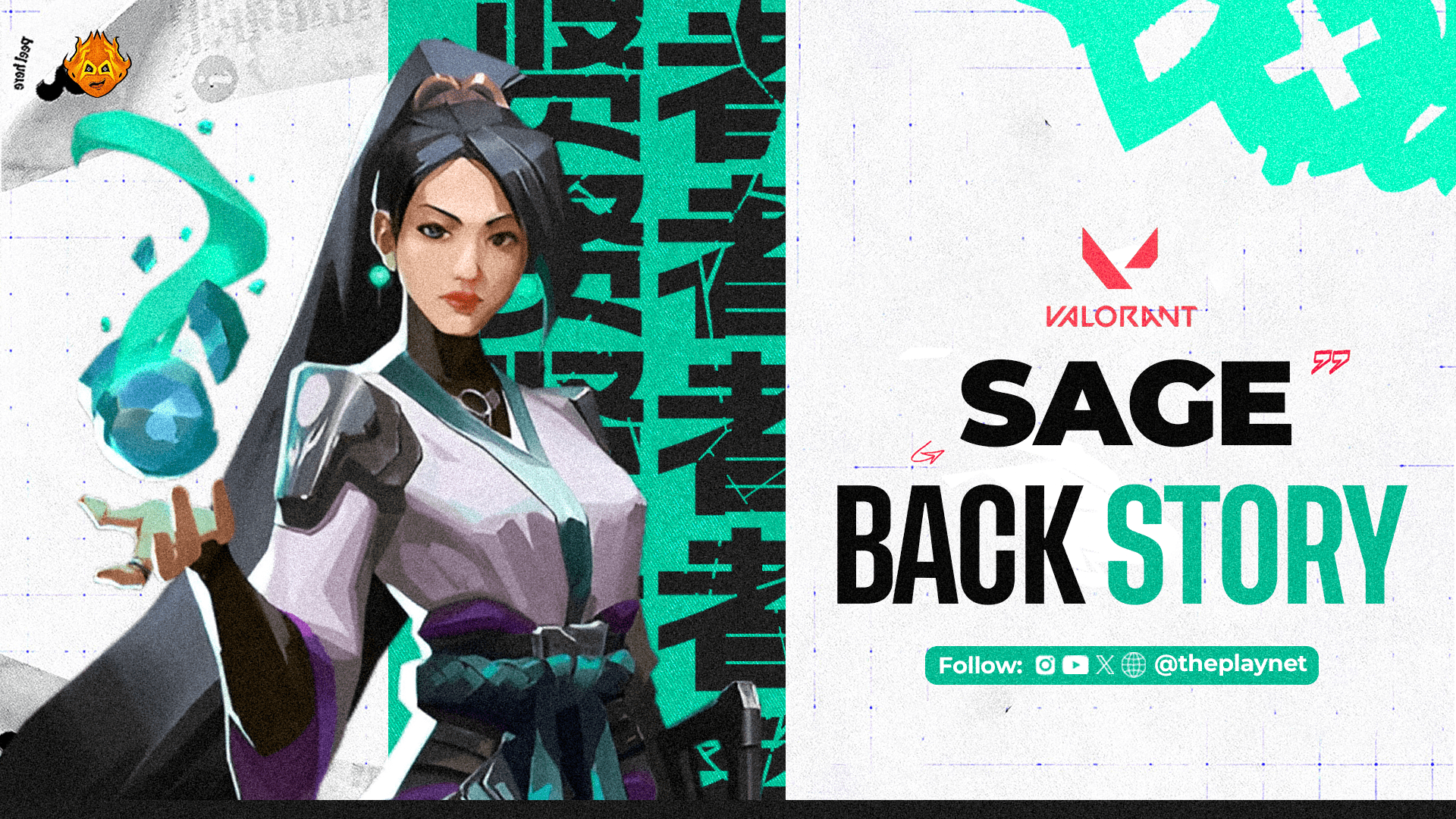
The 19th Asian Games in Hangzhou, which commenced on Saturday and will continue until October 8, marks a historic moment in the world of competitive gaming. Esports, once a mere demonstration event, has finally earned its place as a fully-fledged medal event, with seven gold medals up for grabs and participants from 31 countries and regions. This article explores the significance of esports' inclusion in the Asian Games and the journey it has taken to reach this milestone.
In 2018, esports made its debut at the Asian Games as a demonstration event, offering spectators a glimpse into the world of competitive gaming. However, no medals were awarded at that time. Fast forward to 2023, and esports has evolved into a fully-fledged event. The Hangzhou Asian Games proudly features esports as a core competition, underscoring its growing prominence in the world of sports.
The heart of this esports revolution lies within the Hangzhou Esports Center, an 80,000-square-meter venue designed to provide a 360-degree immersive viewing experience. With a capacity of 4,500 enthusiastic spectators, this purpose-built arena sets the stage for intense esports action and creates an atmosphere like no other.
Esports enthusiasts have an exciting array of games to look forward to. The multiplayer online battle arena (MOBA) category features heavyweights like League of Legends, DOTA2, and Honor of Kings. Notably, the Chinese team has already made their mark by advancing to the Honor of Kings semi-finals. Other titles in the roster include FIFA Online 4, Dream of Kingdoms 2, and Street Fighter V. It's worth mentioning that two of these featured games hail from Chinese game developers, showcasing their influence on the esports landscape.
Not every game initially slated for the Hangzhou Asian Games made it to the finish line. Hearthstone, a popular strategy card game set in the World of Warcraft universe, was set to feature but was later removed from the lineup due to a licensing agreement dispute. This highlights the complexities of integrating esports into traditional sporting events.
Esports' journey from being dismissed by the International Olympic Committee (IOC) to its current status at the Asian Games is a testament to its rapid evolution. While IOC President Thomas Bach once deemed esports "too violent" for the Olympics, the landscape is changing. In March 2023, the IOC hosted the Olympic Esports Series, signaling a willingness to embrace esports. However, it's worth noting that this event featured non-violent titles, which sparked discussions among gamers.
The inclusion of esports as a medal event in the Hangzhou Asian Games is a milestone that underscores its growing acceptance and popularity. This historic event not only elevates esports to a new level of recognition but also paves the way for its integration into traditional sports. As esports continues to evolve, its place on the world stage is becoming increasingly assured, promising an exciting future for competitive gaming.
Also Read: The Prolonged Wait: Free Fire's India Return Delayed by a Month

2 months ago

2 months ago

2 months ago

2 months ago

2 months ago